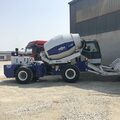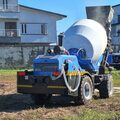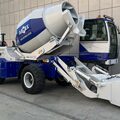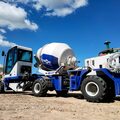Concrete mixers are essential for Nigeria's construction industry. Builders must understand the cost implications of purchasing these machines. This analysis helps contractors make informed decisions and optimize their investments.
Understanding Concrete Mixer Costs in Nigeria
The price of concrete mixers varies across Nigeria. Factors like brand, technology, and features influence costs. Builders need to evaluate these aspects to choose the most suitable mixer.
Factors Affecting Concrete Mixer Price
Several factors impact concrete mixer price in Nigeria. Technology plays a significant role, with advanced features costing more. Brand reputation also affects pricing, as well-known brands often command higher prices.
Evaluating Long-Term Value
Investing in a mixer requires assessing long-term value. Builders should consider durability and maintenance costs. A reliable mixer reduces operational expenses over time, offering better returns on investment.
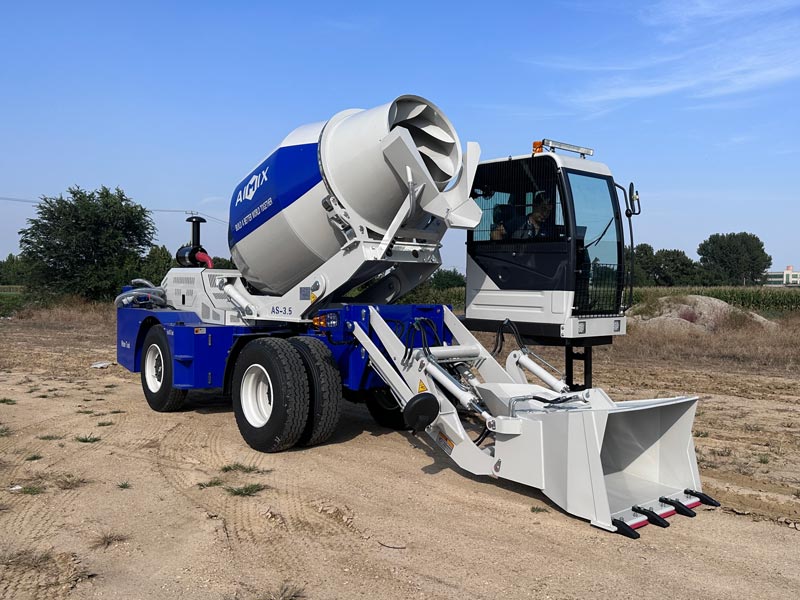
Self-Loading Concrete Mixers: A Valuable Investment
Self-loading mixers are gaining popularity in Nigeria. These machines offer automation and efficiency, which appeal to builders. Understanding their benefits helps builders decide if they are worth the investment.
Benefits of Self-Loading Mixers
Self-loading mixers automate the mixing process, reducing manual labor. This self loading concrete mixer truck enhances precision and productivity, speeding up construction projects. Builders benefit from faster project completion and improved quality.
Cost Implications of Self-Loading Mixers
Self-loading mixers may have higher upfront costs. However, their efficiency leads to lower operating expenses. Builders should weigh initial costs against long-term savings when considering these mixers.
Concrete Mixer Price in Nigeria: A Detailed Overview
Understanding mixer pricing in Nigeria is crucial for builders. Prices vary based on local demand and technological advancements. This overview aids builders in making strategic purchasing decisions.
Current Market Trends
Urbanization and infrastructure projects drive mixer demand. Manufacturers respond with tailored solutions, affecting prices. Builders should stay updated on market trends to find cost-effective options.
Comparing Prices Across Brands
Different brands offer varying mixer prices. Builders should compare prices and features to find the best fit. This comparison ensures a balance between cost and functionality.
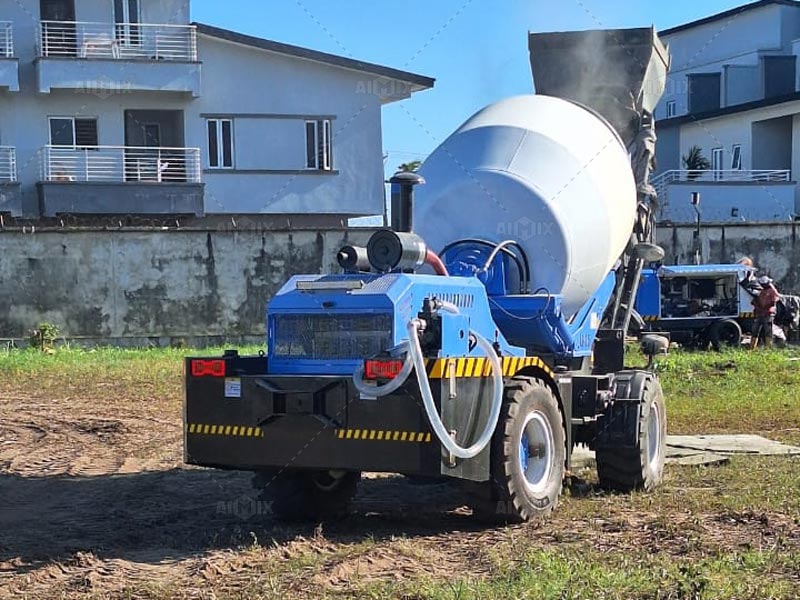
Strategies for Cost-Effective Mixer Purchases
Builders can adopt strategies to optimize mixer purchases. Research, training, and technology investment support successful adaptation. These strategies enhance efficiency and profitability.
Researching Before Buying
Thorough research supports informed purchasing decisions. Builders should evaluate mixer features, prices, and reviews. This research helps identify suitable options for specific project needs.
Investing in Training
Training enhances operational efficiency and reduces costs. Skilled personnel ensure optimal mixer usage and maintenance. Builders should invest in training programs to maximize mixer performance.
Leveraging Technology
Technology improves mixer operations and reduces costs. Builders should consider mixers with advanced features like IoT integration. These features offer real-time monitoring and diagnostics, enhancing efficiency.
Conclusion
Understanding the cost implications of purchasing concrete mixers is vital for Nigeria builders. By evaluating factors like self-loading mixers, pricing trends, and adopting strategic approaches, builders can optimize their investments. Implementing strategies such as research, training, and technology integration supports efficient operations and successful project outcomes. These practices contribute to sustainable growth and competitiveness in Nigeria's dynamic construction industry.

